Ushakothi Wildlife Sanctuary is a place in Odisha, India, which possesses eminence in attracting nature lovers and wildlife enthusiasts. Established in 1962, the 304 km square sanctuary is scenic and an essential abode for various elephants and leopards. It provides lively evidence of the importance of biodiversity since it provides a rare opportunity to perceive nature’s splendour. Set in the most stunning landscape and within some of the most biologically rich surroundings, Ushakothi Wildlife Sanctuary perfectly replies to all requirements of those spirit-adventurous and tranquil amidst nature.
Location
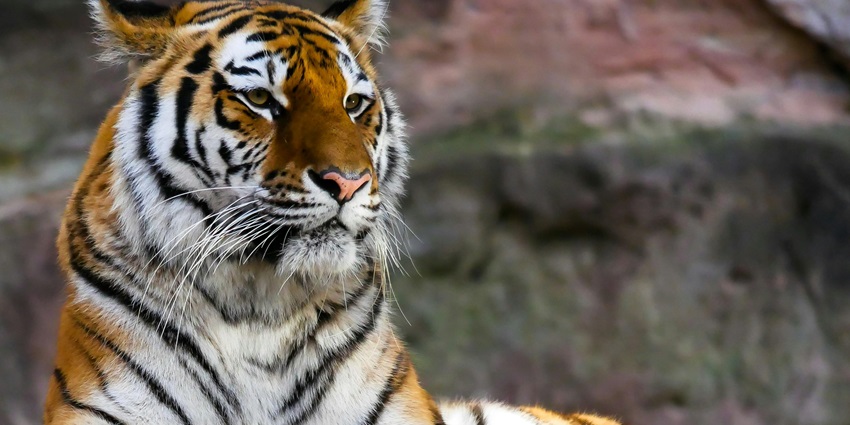
Photo: Pixabay / Pexels / Image For Representation Only
Ushakothi Wildlife Sanctuary lies near Sambalpur in western Odisha. It covers an area of about 304 sq. km. and has developed dotted with the scenic beauty of the much-famous River Mahanadi and its tributaries. Its undulating terrain of dense forests, hilly landscapes, and riverine ecosystems has created a suitable habitat for many wildlife species.
Suggested Read: Sudam Sand Art Museum
How To Reach Ushakothi Wildlife Sanctuary

Photo: Pixabay / Pexels / Image For Representation Only
By Rail: The nearest railway station is Sambalpur, about 45 km from Ushakothi Wildlife Sanctuary. Sambalpur is well linked with many important places in all directions of India through several trains, making it a good connectivity hub.
By Road: Driving here is a good option, or you can book a taxi from your nearest town, such as Sambalpur, approximately 38 km away.
By Air: The closest airport to Ushakothi Wildlife Sanctuary is Bhubaneswar, approximately 300 km away. You may take a taxi or a bus from the airport to Sambalpur. From Sambalpur, it is about 38 km, and one can easily reach the sanctuary by taxi or local transport. Another airport from where Ushakothi Sanctuary is the Jharsuguda Airport, about 50 km away.
Things To Do
One can do several things back when seeking after Ushakothi Wildlife Sanctuary activities. Some of the features are:
1. Wildlife Safaris
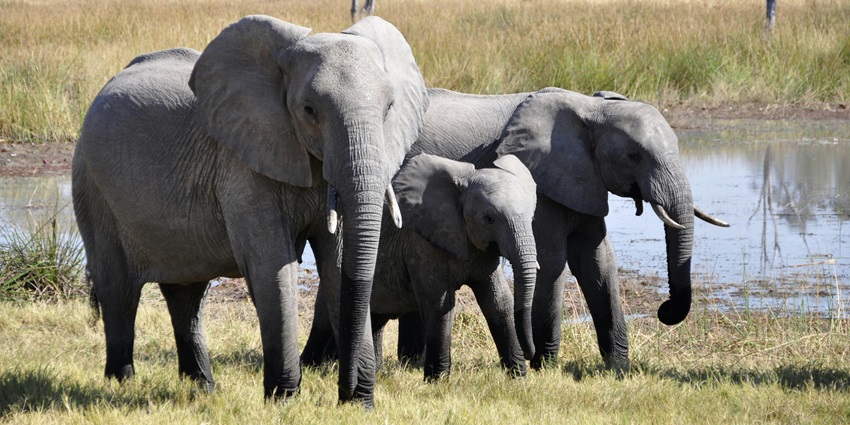
Photo: Pixabay / Pexels / Image For Representation Only
An exhilarating experience for visitors is a safari around the sanctuary with guides who provide an opportunity to visit elephants, leopards, sloth bears, and a diversity of deer. The safaris are conducted in open jeeps, allowing one to feel amid the natural habitat of such magnificent creatures. Expert guides accompany each safari to provide insights regarding the wildlife and ecosystem.
Suggested Read: Best Food In Bhubaneswar
2. Birdwatching
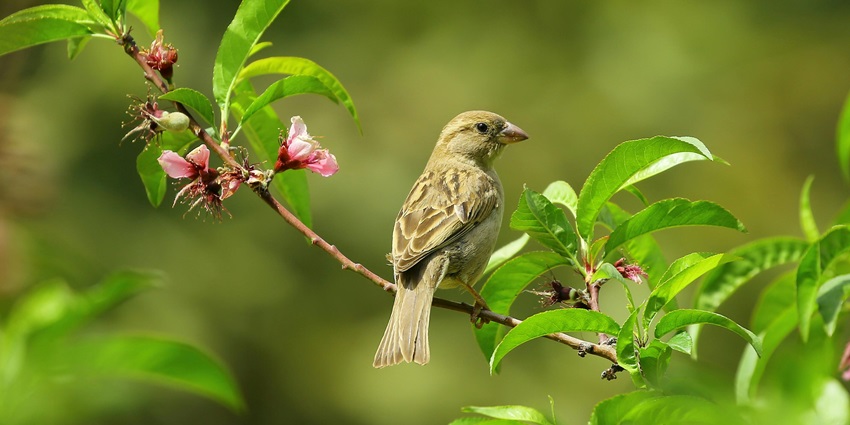
Photo: daniyal ghanavati / Pexels / Image For Representation Only
The sanctuary has over 200 species, making it a good place for birdwatching. Residents and migratory birds, such as the Indian Roller, the Malabar Pied Hornbill, and the Crested Serpent Eagle, can be spotted in these areas. Backward lookers can use binoculars and cameras to watch and capture these feathered friends’ vibrant plumage and various habits.
3. Trekking
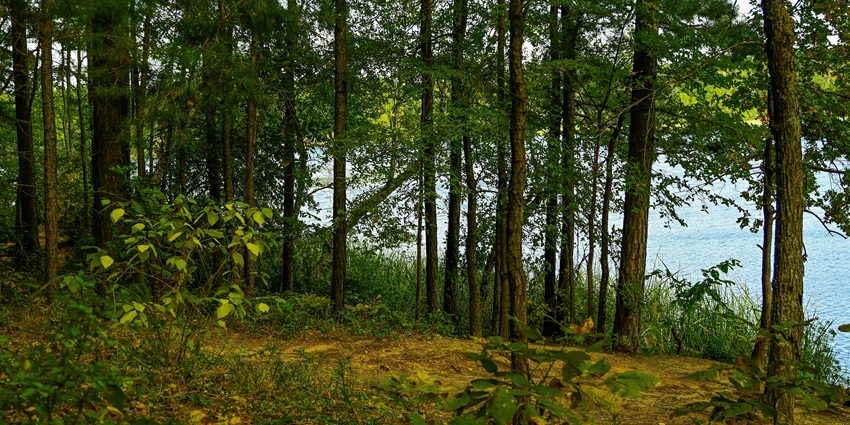
Photo: Bryan Dickerson / Unsplash / Image For Representation Only
There are several trekking trails in the sanctuary to explore the luxuriant, adding out the wildlife at close range: these are of easy walking type, stretching to some more challenging hikes depending on one’s fitness schedule. One can connect with nature, feel the serenity all around, and see the diverse plant life of this region while trekking in Ushakothi Wildlife Sanctuary.
Suggested Read: Beaches Near Bhubaneswar Every Water Baby Must Explore
Places To Visit Around Ushakothi Wildlife Sanctuary
1. Samaleswari Temple
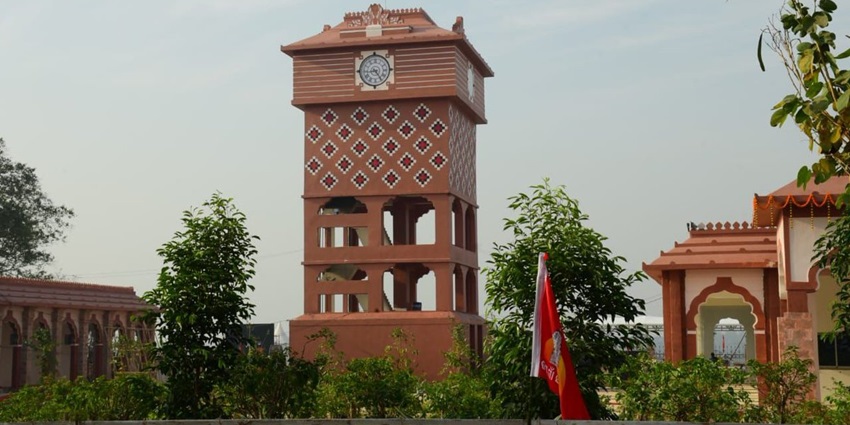
Photo: Government of Odisha / Wikimedia Commons
An ancient temple at Sambalpur is dedicated to the goddess presiding over the region, Samaleswari. The temple is very famous for its architectural beauty and spiritual significance. It is among the highly reputed holy places that thousands of pilgrims and tourists visit when travelling to nearby places of Ushakothi, especially during festivals like Dussehra. The temple’s environment is peaceful and enclosed, which makes it the best place for meditation and prayer.
Best Time To Visit: October to March
2. Hirakud Dam

Photo: Government of Odisha / Wikimedia Commons
It is one of the longest earthen dams in the world and is about 15 km from the sanctuary. This dam was built across the Mahanadi River for the multipurpose use of irrigation, flood control, and hydroelectric power generation. The dam commands a panoramic view of the reservoir, forming the happiest picnic spot perfect for photography. Boating is also conducted here, and one can visit this place after a visit to the sanctuary.
Best Time To Visit: November to February
Suggested Read: Best Hill Stations Near Rourkela For A Memorable Trip
3. Debrigarh Wildlife Sanctuary
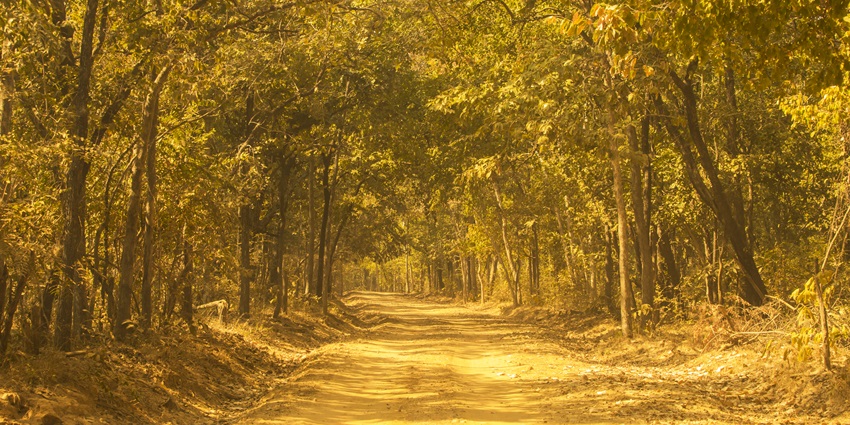
Photo: Amudha HariHaran / Wikimedia Commons
Debrigarh Wildlife Sanctuary is about 40 km away and is another bonanza for devoted wildlife enthusiasts visiting Ushakothi Wildlife Sanctuary. Situated between the scenic hills of the Mahanadi River, the place is home to numerous mammals, birds, and reptiles. This offers excellent opportunities for trekking, bird watching, and wildlife safaris in the itinerary. If you are a bird watcher or if you love mammals then this sanctuary has a lot to offer.
Best Time To Visit: November to March
4. Chiplima Waterfall
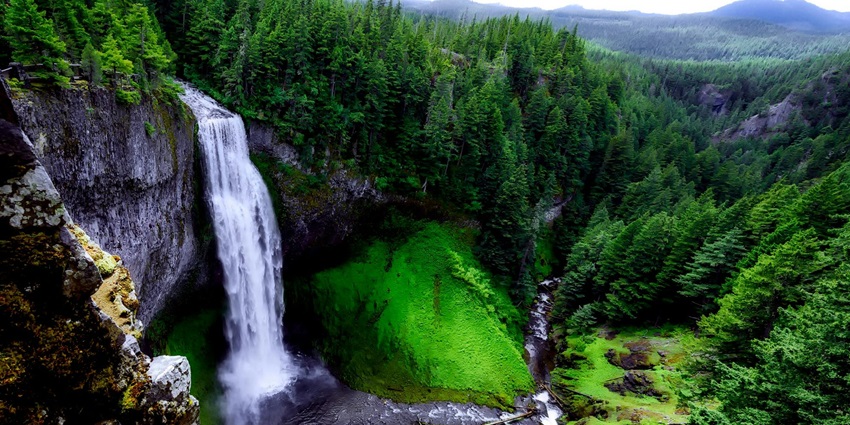
Photo: Pixabay / Pexels / Image For Representation Only
Chiplima is a natural beauty located some 25 km off Ushakothi Wildlife Sanctuary. The fall creates a surrounding of rocky cliffs and a scenic backdrop that is excellent for nature lovers and photographers. The surroundings at Chiplima are lush green and serene for a picnic or a quiet day out, with the soothing sounds of falling waters amidst green surroundings making a perfect calm visit at the tourist spot.
Best Time To Visit: June to September
Suggested Read: Offbeat Places Near Puri
5. Sambalpur Fort
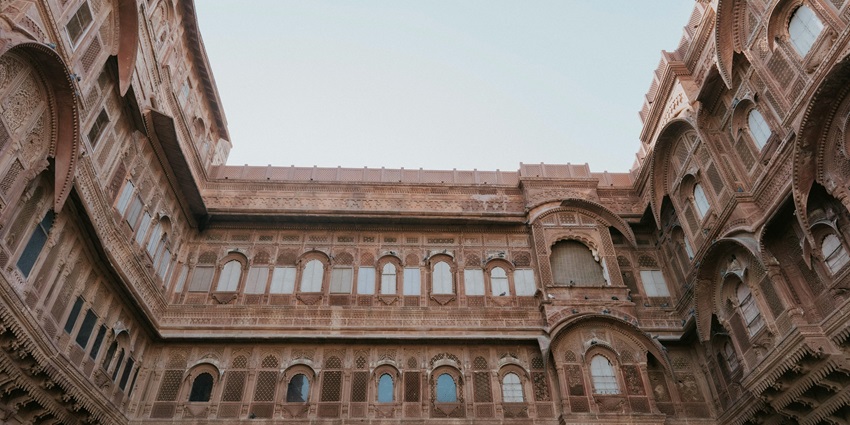
Photo: sunaina ravikumar / Pexels / Image For Representation Only
About 30 km from the Ushakothi Wildlife Sanctuary, Sambalpur is a city rich in culture and history. It is known for its handloom industry, particularly the Sambalpuri sarees, which are far-famed for their original designs and weaving work. Many historical sites are also part of this place, such as the old Samaleswari Temple and historic Budharaja Temple, making it a center for cultural and historical lovers.
Best Time To Visit: October to March
Where To Stay

Photo: M&W Studios / Pexels / Image For Representation Only
One can find all kinds of accommodation options here, from budget to expensive and straightforward to luxury, in the surroundings of Ushakothi Wildlife Sanctuary. Badrama’s Forest Rest House is 3 km away from the sanctuary, with a plain yet comfortable stay. The Harjit Residency at Sambalpur Hotel has modern facilities, and staying on the main Road is comfortable. On the other hand, Regenta Inn Sambalpur provides a luxurious stay with high-quality service.
Suggested Read: Pool Party In Bhubaneswar
Where To Eat

Photo: Chan Walrus / Pexels / Image For Representation Only
Although there are no restaurants inside Ushakothi Wildlife Sanctuary, plenty of restaurants and eateries can be found in Sambalpur, near the sanctuary. Hotel Harjit Residency has an in-house multi-cuisine restaurant offering a variety of local Odia cuisines and popular Indian food items. The famous Sambalpuri-type breakfast is available at the Regenta Inn Sambalpur, which boasts an in-house restaurant. Hotel Sheela Towers has a restaurant serving various local and continental dishes.
Best Time To Visit Ushakothi Wildlife Sanctuary

Photo: Neeraj Pramanik / Unsplash / Image For Representation Only
The best time to visit Ushakothi Wildlife Sanctuary is from October to May, as the climate is good and the visibility of wild animals is at its best. The vegetation has thinned out during these months; thus, one can easily view the animals who frequently come to the waterholes. The summer months, from March to June, are hot and humid, while the monsoon months, from July to October, receive heavy rainfall, making the place difficult to access and wildlife less visible.
Suggested Read: A Complete Guide to the Tribal Museum Bhubaneswar
Other Factors To Consider

Photo: David Travis / Unsplash / Image For Representation Only
Average Cost Of Trip
The following are the entry fees to Ushakothi Wildlife Sanctuary: Indian Nationals, ₹50 per person. Entry is free for children under 12 years of age. Further costs are incurred for activities like wildlife safaris and trekking.
Tips For Travellers
- Keep a safe distance from animals and avoid feeding them to prevent disruption of their natural behaviour.
- Adhere to the instructions provided by guides and park authorities for a safe and enjoyable experience.
- Bring binoculars for birdwatching and a camera to capture the stunning landscapes and wildlife.
- Keep the noise level low to avoid startling the wildlife and ensure a peaceful experience for all visitors.
- Be mindful of the sanctuary’s cleanliness and dispose of waste in designated bins to protect the environment.
- Check if any permits are required for your visit and obtain them in advance to avoid delays.
Ushakothi Wildlife Sanctuary’s exciting landscapes, diverse animals, and abundant activities make it stand out as one of Odisha’s must-see locations. The most breathtaking natural scenes, with equal attention to species conservation, are showcased on the many terrains of this sanctuary. Thus, gather your belongings and embark on an adventure to relish the splendour of the Ushakothi Wildlife Sanctuary, an undeniable haven for those who love the outdoors. Plan your trip with TripXL and explore this magical destination with ease.
Cover Photo: Pixabay / Pexels / Image For Representation Only


 WhatsApp
WhatsApp
 Twitter
Twitter









